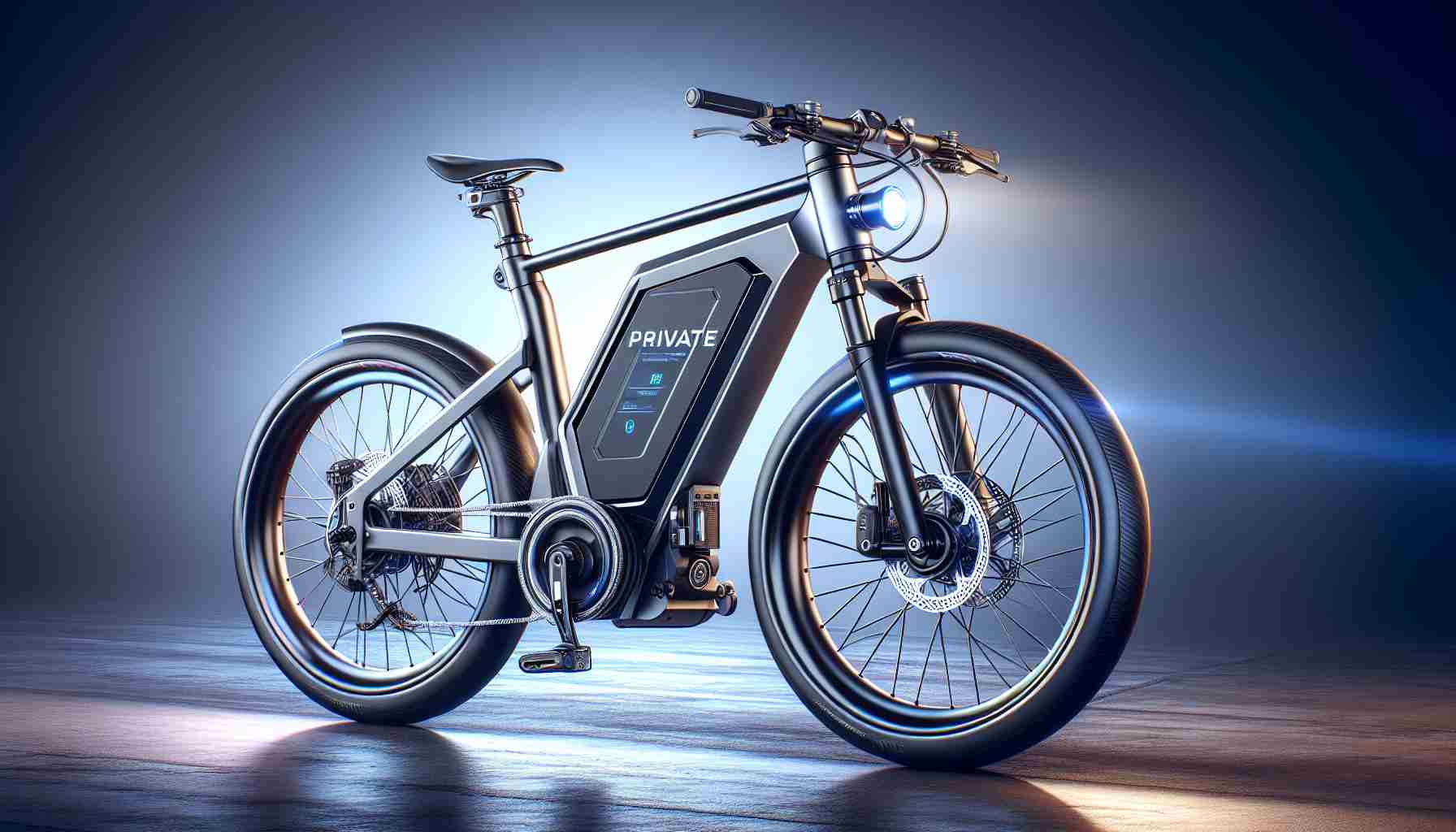British YouTuber James Bruton has revolutionized the world of personal transportation with his groundbreaking invention – an electric bike that is not only driveable and self-balancing but also omnidirectional and equipped with mecanum wheels. This innovative creation, made using off-the-shelf parts and 3D printing, showcases Bruton’s engineering prowess and creative thinking.
Bruton’s previous foray into using mecanum wheels in a self-balancing omni-wheel project laid the foundation for this remarkable electric bike. While the earlier vehicle lacked the capability to move forward or backward, Bruton took a different approach and ingeniously integrated mecanum-styled wheels into his design, a decision that turned out to be a game-changer.
Unlike traditional wheels, mecanum wheels feature rollers mounted at diagonal angles on the outer edge, enabling free-spinning while driving the vehicle. With four mecanum wheels strategically positioned, the bike can effortlessly maneuver in any direction or even spin in place by controlling the speed and direction of the wheels.
To accomplish his ambitious project, Bruton had to design and 3D-print his own set of four mecanum wheels with a diameter of 14.2 inches (360 mm). He also utilized a combination of timber parts and readily available components, such as ball bearings, to ensure the bike’s stability and balance.
Powered by electric motors connected to toothed rubber belts, the wheels can operate in both forward and backward directions. With the addition of rigid handlebars, a bench seat, and an adorable headlight, the Screw Bike, as Bruton calls it, was ready to hit the road.
Upon activation, the bike impressively maintains its balance and stability, similar to a Segway. By leaning left or right, riders can initiate movement in their desired direction. Additionally, separate controls allow for driving the bike forward, backward, or spinning it in place.
While the bike doesn’t possess suspension and is not recommended for long rides, its novelty and fun factor make it an exciting ride nonetheless. James Bruton has generously released the CAD designs and code for the Screw Bike, enabling enthusiasts to recreate and experience this remarkable invention firsthand.
Bruton’s electric bike represents a paradigm shift in personal transportation, showcasing the possibilities of combining innovative technology, off-the-shelf components, and 3D printing to create unique and game-changing vehicles. With his ingenuity and open-source approach, Bruton has paved the way for new possibilities in the world of electric mobility.
The electric bike industry is rapidly growing, with more and more consumers looking for eco-friendly and efficient modes of personal transportation. According to market forecasts, the global electric bike market is projected to reach $38.6 billion by 2025, with a compound annual growth rate (CAGR) of 6.1%. This growth can be attributed to factors such as increasing concerns about air pollution, government initiatives promoting electric vehicles, and the rising popularity of cycling as a form of exercise and recreation.
One of the key issues in the electric bike industry is the challenge of battery range and charging infrastructure. Many consumers are still hesitant to switch to electric bikes due to concerns about limited battery life and the availability of charging stations. Manufacturers are continuously striving to improve battery technology and increase the range of electric bikes to address these concerns.
Another issue is the cost of electric bikes. While the price of electric bikes has been gradually decreasing over the years, they are still more expensive compared to traditional bicycles. This price difference can be a barrier for some consumers, especially in developing countries where affordability is a significant factor.
Furthermore, regulations and laws related to electric bikes vary from country to country, which can create confusion and challenges for manufacturers and consumers. Some countries have specific requirements for electric bikes, such as speed limits and licensing, while others treat them similarly to traditional bicycles. It is important for the industry to work closely with policymakers to establish clear and consistent regulations to ensure the safe and responsible use of electric bikes.
Overall, the electric bike industry is experiencing tremendous growth and innovation, fueled by advancements in technology and a growing demand for sustainable transportation options. With continuous improvements in battery technology, charging infrastructure, and affordability, electric bikes have the potential to revolutionize personal transportation worldwide.
For more information on the electric bike industry and market forecasts, you can visit this link.







